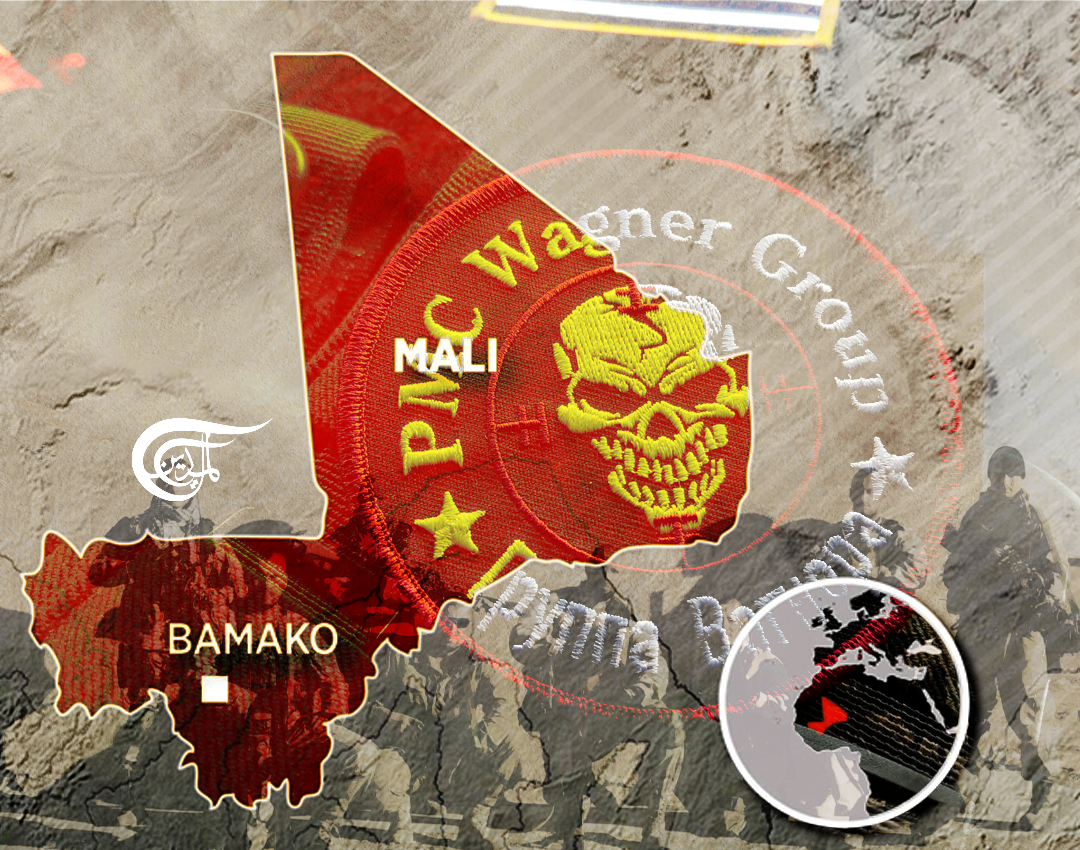Mali: Where There is Wealth, There are Armed Soldiers
Mercenaries have neither friends nor enemies but fight for the interests of those who hire and pay them.
At the end of September, it was reported in the international media that the Malian government has decided to hire a Russian private security company, Wagner Group, to help its army fight terrorist groups, which, according to Mali's Prime Minister, have now spread over two-thirds of the country.
Private Security Company, indeed, is the euphemism used by such corporations to avoid openly calling themselves mercenary groups. Mercenaries have neither friends nor enemies but fight for the interests of those who hire and pay them. In order to offer guarantees of effectiveness to their employers, the modus operandi of these paid troops often does not respect human rights or the rule of law, a grey area that has always been a source of concern.
Controversy erupted after news broke of the Malian government's negotiations with the Wagner group, not because of the natural fears that such companies arouse, but because the danger is blamed on Russia, on the Russian government, which has been accused of wanting to meddle in African affairs. The Russian foreign minister, Sergey Lavrov, was forced to declare at the United Nations Assembly that this agreement between the Malian government and a private Russian company has nothing to do with the Russian government, adding that all the aid his government is providing in Mali is being done through the UN Security Council and that it is not acting unilaterally.
EU foreign policy chief Josep Borrell, meeting with Mr. Lavrov, went so far as to demand of the Russian minister that his country stays out of Africa because that is "our territory", an attitude that the Russian diplomat found insulting.
It should be noted the double standards of the Western media, accusing Russia of interfering in Africa because of the activity of a private Russian company, but not using the same yardstick with other private security companies present in Mali and throughout the African continent. Corporations like the American Constellis, where groups with very bad reputations such as Triple Canopy, Academi, and Blackwaters have been integrated; or the British Aegis (with a contract from the US Department of Defence). Also the British Erinys International and G4S, which provide private security for the numerous embassy staff and all kinds of international agencies and NGOs present in Mali and the rest of Africa, as well as for extractivist companies. These private security corporations are indeed recruited by foreign governments and companies with a range of external interests, not by the African governments themselves.
Last July, the French president announced that the French bases in northern Mali were to be closed, but it could be read between the lines that the intention is not to close the bases and abandon Mali, but to reorganize its military presence to extend it to all of West Africa, towards the south. Of the more than 5,000 troops in Operation Barkhane, between 2,500 and 3,000 will remain in northern Mali.
Mali's Prime Minister, Choguel Kokalla Maiga, recently denounced the role of French forces, who, with a supposed mission to fight terrorism, are actually training Islamist militants in Kidal in the north. "We have proof of that" Maiga said.
Among the missions Barkhane, commanded by France; the UN's MINUSMA; AFRICOM, by the United States; AFISMA, the African-led International Support Mission for Mali; EUTM-MALI, the European Union's military mission; and some more, in Mali right now there are militaries from Armenia, Australia, Austria, Bangladesh, Belgium, Benin, Bhutan, Bosnia Herzegovina, Burkina Faso, Burundi, Cambodia, Cameroon, Canada, Chad, China, Czech Republic, Denmark, Egypt, El Salvador, Estonia, Ethiopia, Finland, France, Gambia, Germany, Ghana, Guatemala, Guinea, Indonesia, Iran, Ireland, Italy, Ivory Coast, Jordan, Kenya, Latvia, Liberia, Lithuania, Luxembourg, Mauritania, Mexico, Nepal, Netherlands, Niger, Nigeria, Norway, Pakistan, Portugal, Romania, Senegal, Sierra Leone, Spain, Sri Lanka, Sweden, Switzerland, Togo, Tunisia, Ukraine, United Kingdom, Zambia, and United States. This compilation of nationalities was made by journalist Joe Penney, who then asked "And is now Russia who’s bringing chaos and insecurity?”. More nationalities can be added: Rwanda, Uganda, Tanzania, Cape Verde, South Africa, Turkey…
As it is well known, where there is wealth, there are armed soldiers. Mali, among other riches, has one of the lithium mines with a concentration of the highest quality and lowest of impurities, the Goulamina lithium Project. It is a mining prospect covering 100 square kilometers in the Bougouni region, in southern Mali. The Malian government, still in transition, has just backed a multi-million dollar transition between the Australian mining corporation Firefinch and China's Jiangxi Ganfeng Lithium Co., the world's largest producer of lithium chemicals, to jointly exploit the Goulamina lithium project.

 Rosa Moro
Rosa Moro
 5 Min Read
5 Min Read












